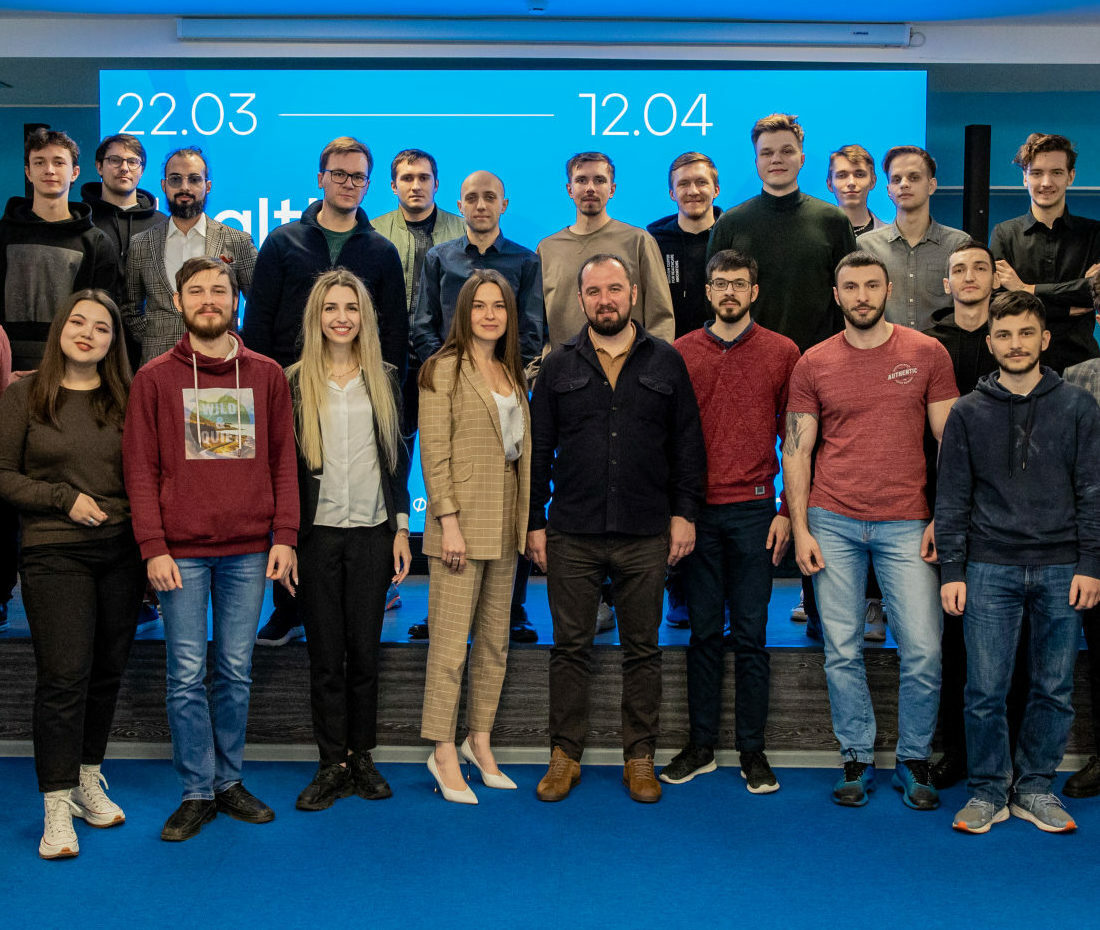The winners of the hackathon on artificial intelligence in medicine were determined in Moscow
The Moscow Center for Innovative Technologies in Healthcare of the Social Development Complex together with MIPT determined the winners of the Health Data Hack hackathon in the field of machine learning and data analysis in medicine. The teams have proposed digital solutions that can help scientists and doctors in the fight against infectious and oncological diseases. This was announced by Anastasia Rakova, Deputy Mayor of Moscow for Social Development.
"In total, 520 applications were received for participation in the Health Data Hack, including from students and graduates of the country's leading technological and medical universities: MIPT, Skoltech, Bauman Moscow State Technical University, Lomonosov Moscow State University, Pirogov RNIMU. The teams proposed effective digital approaches to solving complex problems related to infectious and oncological diseases. I would like to note the high level of training of our IT specialists. The best will be offered competitive conditions for collaboration in the field of machine learning and big data analysis at the site of the Moscow Center for Innovative Technologies in Healthcare," the Vice Mayor commented.
"Teams from all over Russia have done a great job over these few weeks. The participants showed a high level of their skills and helped to discover non-obvious patterns that can be used to improve practical solutions in healthcare. We will invite talented developers to join our staff to solve complex, but important for patients, tasks in the field of artificial intelligence and genetic technologies," said Vyacheslav Shulenin, General Director of the Moscow Center for Innovative Technologies in Healthcare.
The winners in the track "Predicting the severity of pneumonia using artificial intelligence" were the Moscow team Team. They examined a number of dependencies of anonymized patient data and trained a predictive model of the course of the disease based on machine learning algorithms capable of predicting the severity of pneumonia in patients undergoing inpatient treatment.
Participants of the track "Search for cancer cells on histological preparations using artificial intelligence" were asked to develop a model for recognizing cancer cells in a histological sample. Mikail Seinaroev from Moscow showed the best results. The algorithm he proposed had high prediction accuracy and minimized diagnostic and classification errors. Experts noted that this solution with minor modifications can already be effectively used in practice.
In the track "Search for new molecules and targets for targeted cancer therapy using artificial intelligence", the winners were a team of young scientists Memento vivere from MIPT. They have developed an effective algorithm for finding therapy for malignant neoplasms, including proteomic, transcriptomic and genomic data.
